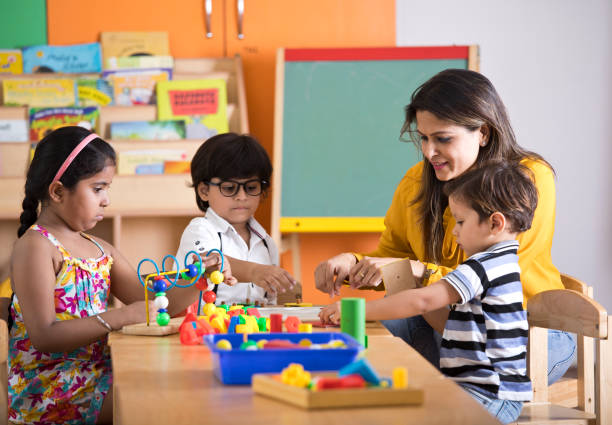Child development is a complex and multifaceted process that involves physical, emotional, cognitive, and social growth. As parents and caregivers, understanding how to support and guide children through these developmental stages can help them reach their full potential. In this article, we will explore various child development tips that focus on nurturing a child’s growth and learning.
Understanding Child Development

Child development is typically divided into several key areas:
- Physical Development: This includes the growth of the body and motor skills, such as crawling, walking, and fine motor skills like grasping objects.
- Cognitive Development: This encompasses the development of thinking, problem-solving, and learning abilities.
- Emotional Development: This involves the understanding and expression of emotions, including developing empathy and self-regulation.
- Social Development: This includes learning to interact with others, understanding social norms, and building relationships.
Physical Development Tips
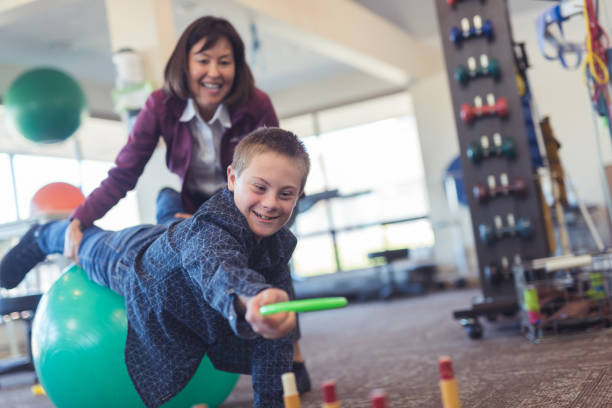
1. Encourage Active Play
Physical activity is crucial for a child’s physical development. Encouraging activities like running, jumping, and climbing helps improve motor skills and overall fitness. Activities such as dancing, swimming, or playing sports can also be beneficial.
2. Provide a Balanced Diet
Nutrition plays a significant role in physical development. Ensure that your child consumes a balanced diet rich in vitamins, minerals, and protein. Foods such as fruits, vegetables, whole grains, and lean proteins contribute to healthy growth and energy levels.
3. Promote Healthy Sleep Habits
Adequate sleep is essential for physical growth and development. Establish a consistent bedtime routine and ensure that your child gets the recommended amount of sleep for their age group. Create a calm and comfortable sleeping environment to improve sleep quality.
Cognitive Development Tips
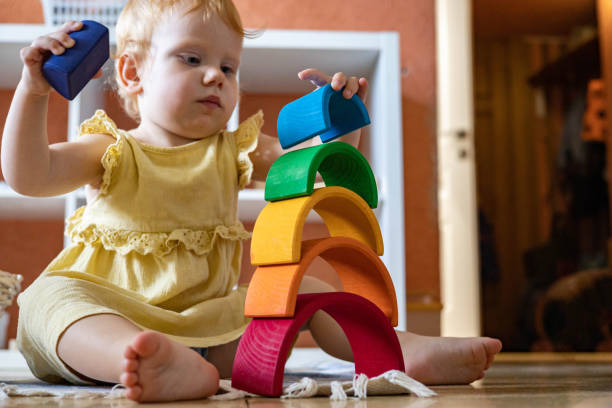
1. Engage in Educational Activities
Stimulating cognitive development involves engaging in activities that challenge the brain. Reading books together, playing educational games, and solving puzzles can enhance problem-solving skills and cognitive abilities.
2. Encourage Curiosity and Exploration
Fostering a sense of curiosity and exploration can enhance cognitive development. Allow your child to explore their environment, ask questions, and experiment with new activities. Providing opportunities for hands-on learning can also stimulate cognitive growth.
3. Promote Language Development
Language skills are a critical aspect of cognitive development. Engage in conversations with your child, read aloud, and encourage them to express their thoughts and ideas. Expanding their vocabulary and understanding of language supports cognitive development.
Emotional Development Tips
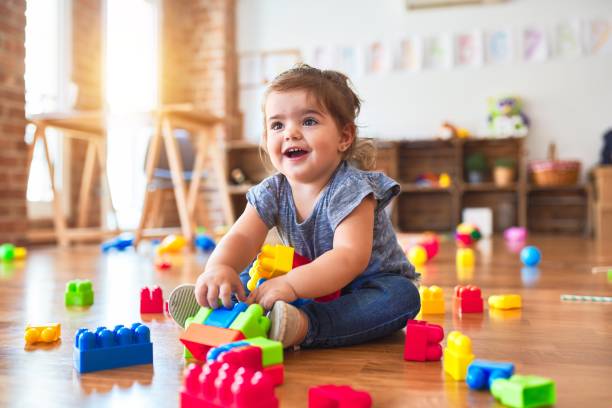
1. Model Positive Behavior
Children often learn by observing the behavior of adults. Model positive behavior, such as expressing emotions appropriately, showing empathy, and handling stress in a healthy way. Your actions will provide a framework for your child to follow.
2. Provide a Supportive Environment
A supportive and nurturing environment helps children develop emotional resilience. Offer praise and encouragement, validate their feelings, and provide a safe space for them to express themselves. Building a strong emotional connection helps children feel secure and valued.
3. Teach Emotional Regulation
Help your child develop emotional regulation skills by teaching them strategies to manage their emotions. Techniques such as deep breathing, counting to ten, or using calming phrases can help them navigate challenging emotions.
Social Development Tips

1. Encourage Social Interaction
Social development is enhanced through interactions with peers and adults. Encourage your child to participate in group activities, playdates, and social events. These interactions help build social skills, such as cooperation, sharing, and conflict resolution.
2. Teach Social Skills
Explicitly teach your child social skills, such as polite behavior, active listening, and respectful communication. Role-playing different social scenarios can help them practice and understand appropriate behavior in various situations.
3. Foster Empathy and Understanding
Promote empathy by discussing the feelings and perspectives of others. Encourage your child to consider how others might feel in different situations and model empathetic behavior. Activities such as volunteering or helping others can also foster a sense of empathy.
Balancing Developmental Needs
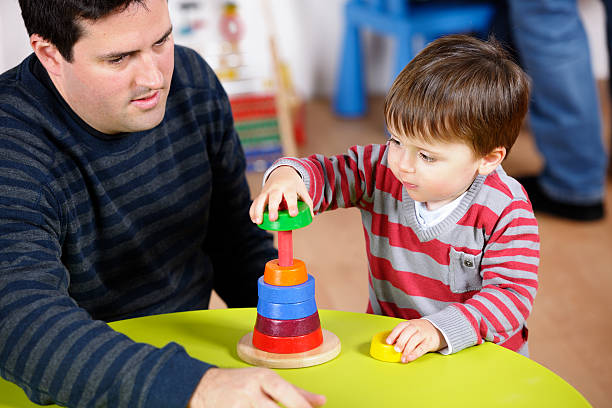
1. Individualized Approach
Every child is unique, and their developmental needs may vary. Pay attention to your child’s individual strengths, interests, and challenges. Tailor your approach to support their specific Child development tips needs and provide opportunities for growth in areas where they may need extra help.
2. Encourage a Growth Mindset
Promote a growth mindset by emphasizing effort and perseverance over innate ability. Encourage your child to view challenges as opportunities for growth and to approach learning with curiosity and resilience.
3. Maintain Open Communication
Open communication with your child is essential for their overall development. Foster an environment where your child feels comfortable sharing their thoughts, feelings, and concerns. Regular conversations help build trust and understanding.
Conclusion
Child development tips requires a comprehensive approach that addresses physical, cognitive, emotional, and social growth. By implementing these child development tips, you can create a nurturing environment that promotes healthy development and helps your child reach their full potential. Remember that every child is unique, and adapting your approach to meet their individual needs is key to fostering their growth and learning.
FAQ
1. What are some signs of developmental delays in children?
Signs of developmental delays can vary depending on the area of development. Common indicators include difficulty with motor skills (e.g., not crawling or walking on time), problems with speech and language (e.g., not speaking at the expected age), challenges in social interactions (e.g., difficulty making friends), and emotional issues (e.g., extreme difficulty managing emotions). If you suspect a delay, consult with a pediatrician or child development specialist.
2. How can I support my child’s cognitive development at home?
Support cognitive development by engaging in activities that stimulate the brain. Read together daily, play educational games, and provide opportunities for problem-solving and critical thinking. Encourage curiosity by exploring new topics and asking questions. Creating a stimulating environment with various learning materials can also enhance cognitive growth.
3. What are effective ways to encourage emotional regulation in children?
To encourage emotional regulation, teach your child strategies to manage their emotions, such as deep breathing, mindfulness, or using calming phrases. Model positive behavior by handling your own emotions in a healthy manner. Offer praise and support when your child uses these strategies effectively and create a safe space for them to express their feelings.
4. How important is social interaction for my child’s development?
Social interaction is crucial for a child’s social and emotional development. It helps them learn essential skills such as communication, empathy, and cooperation. Regular interaction with peers and adults helps children build relationships, understand social norms, and develop a sense of belonging. Encourage your child to participate in group activities and social events to enhance these skills.
5. What are some signs that my child is physically developing at a healthy rate?
Signs of healthy physical development include meeting typical milestones for motor skills (e.g., rolling over, sitting up, walking), achieving growth within normal percentiles for age, and showing a steady increase in strength and coordination. Regular check-ups with a pediatrician can help monitor your child’s physical development and address any concerns.

